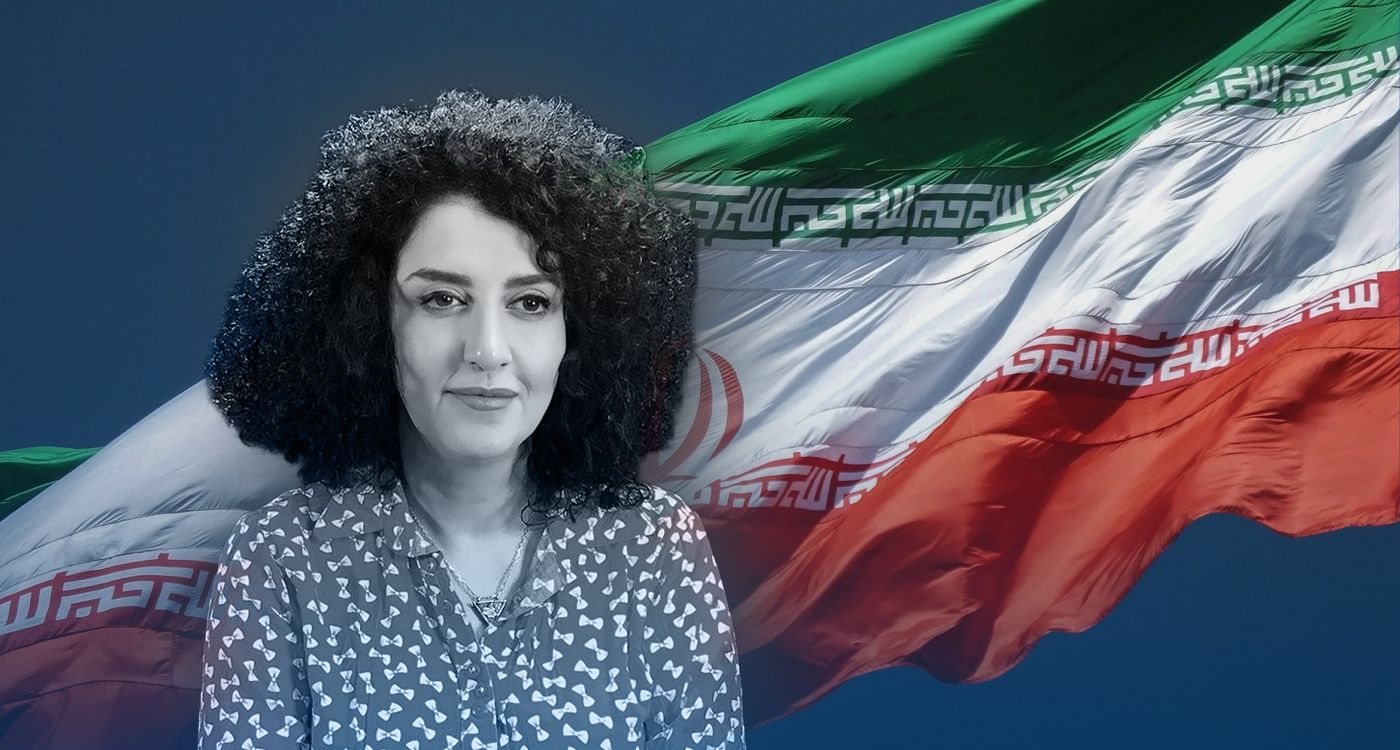
Narges Mohammadi, the Iranian human rights activist and 2023 Nobel Peace Prize laureate, continues to fight for freedom despite enduring years of imprisonment and torture. In a rare interview, she shares her literary projects and her unyielding resolve to expose the harsh realities faced by political prisoners in Iran.
Temporarily released for medical reasons since December 4, Narges Mohammadi, the Iranian human rights activist, granted a rare interview to Elle magazine, revealing her literary projects and her relentless struggles behind bars. Winner of the 2023 Nobel Peace Prize, Mohammadi has been imprisoned multiple times over the past 25 years for her stance against the compulsory veil and the death penalty. She announced the imminent publication of her autobiography and is also working on a poignant book that portrays the reality of women detainees in Iran, who are victims of harassment and sexual assault due to their political activism.
“My body is weakened, it is true, after three years of intermittent detention... and repeated refusals of care that have seriously tested me,” said the 52-year-old activist, responding in writing and through voice messages in Persian to Elle magazine's questions. While her health has been impacted, her morale appears stronger than ever: “My mind is of steel,” she insisted. In prison, she endured extreme conditions, including at the notorious Evin Prison in Tehran, where she was incarcerated multiple times.
Mohammadi describes the situation of incarcerated women in Iran, particularly in the political prisoner section. “In the women's ward, we are seventy, from all walks of life, of all ages and of all political persuasions” including “journalists, writers, women's rights activists and people persecuted for their religion, Baha'is, Kurds,” she recounts. Among the repression tools used, isolation is prominent, often coupled with acts of torture and sexual violence. The activist has documented numerous cases of these abuses, providing damning testimony about the detention conditions: “It is a place where political prisoners die. I have personally documented cases of torture and serious sexual violence against my fellow prisoners.”
Despite these atrocities, Mohammadi emphasizes the resilience of the female prisoners. “It is a challenge for us political prisoners to fight to maintain a semblance of normality, because it is about showing our torturers that they will not be able to reach us, to break us,” she stressed. She recounts how, recently, a group of 45 detainees gathered to protest the death sentence of two Kurdish activists. The incarcerated women regularly organize sit-ins, a form of peaceful resistance that often results in reprisals, such as the cancellation of their family visits or communication rights.
Narges Mohammadi continues to fight, facing new charges and convictions every month for speaking out in the media. Her situation has sparked calls for her release from international organizations, from the UN to the Nobel Committee, and she remains a prominent figure of resistance against a repressive regime.
Her determination to write and testify to the injustice that she and other women suffer in prison illustrates her unwavering commitment, even at great personal cost, to freedom and human rights.
With AFP
Comments